Ko tā te Te Whare Rangahau nei he āta whakatōpū i ngā rangahautanga me ngā kōrero taunaki e whai tūāpapa ai te ahu whakamua, me te whakawhānui i te mātauranga o Ngāti Rārua ake. He mea motuhenga ki a mātou te whakatupu i te āheitanga o ngā mema o te iwi ki te mahi rangahau kia tū katoa rā ko te mauri ora, te ohaoha, te hononga me te taiao.
He māoriori te tirohanga a TRC ki ngā huarahi rangahau, heoi anō, he tirohanga auaha anō hoki ki ngā huarahi me ngā whakaaro e whakatupu i te mātauranga me ngā pūkenga o te iwi. E aro nui ana ngā mahi nei ki te whakataukī Kia Pai Te Noho: kia rite ai a Ngāti Rārua mō ngā rā kei tua; kia mōhio hoki Te Rūnanga me pēwhea te tauoko i ngā hiahia o ngā whānau, ngā marae, me ngā hapū; otirā, kia whakatupu i te raukaha me te hiranga o te Ngāti Rāruatanga me te mana ā iwi o Ngāti Rārua nui tonu.
Ka tautoko ngā mahi a TRC i te whanaketanga o te Pou Ohaoha, te Pou Mauri Ora, te Pou Hononga me te Pou Taiao kia nui te tupu mai o ngā hua o ngā pou nei mō te iwi o Ngāti Rārua.
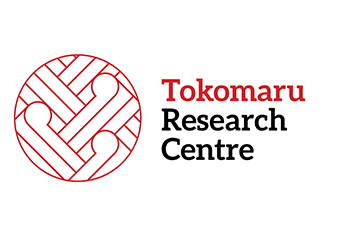
Tokomaru Research Centre aims to embed evidence based research in shaping our future strategic directions and focus while increasing Ngāti Rārua Mātauranga. Building research capacity amongst our members in order to develop a Ngāti Rārua corpus of talent is equally important for us.
The work of the TRC includes traditional research work as well as development of innovations and new ideas and directions to build and strengthen the knowledge and skill base of Ngāti Rārua.
This mahi will be focused around the strategic intent statement of Kia Pai te Noho:
- to ensure that Ngāti Rārua is prepared for the future;
- has the capacity and capability to respond to immediate and emerging needs of whānau, marae and hapū;
- and has growing capacity and excellence in the practice of our Ngāti Rāruatanga to maintain the mana-ā-iwi of Ngāti Rārua.
The work of the TRC will support to maintain and enhance – Ohaoha (economic capital), Mauri Ora (cultural capital), Hononga (social capital) and Taiao (environmental capital) – to thrive and grow for the benefit of Ngāti Rārua.
Back to topGovernance and leadership
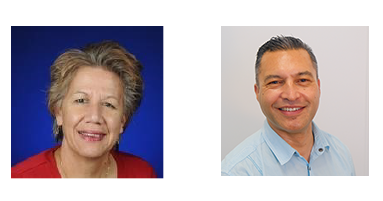
Co-Chair: Professor Sandy Morrison
Dean, Te Pua Wananga ki te Ao, University of Waikato
Sandy has extensive climate change experience including contributing to the Sixth Assessment Report of the Intergovernmental Panel on Climate Change, and leadership role with the Deep South National Science Challenge and Vision Mātauranga programme. She was President of the Asia South Pacific Association of Adult and Basic Education. Her work in adult education promotes engagement with historical discourses, social and cultural meanings, and ancestral knowledge, making that knowledge relevant to indigenous development.
Co-Chair: Anaru Luke
Deputy Chair, Te Rūnanga o Ngāti Rārua and Tumuaki Te Kāhui Āio, Cawthron Institute
Anaru has long experience in science research, with a focus on marine and fisheries including as a member of the Kahui Māori of the Sustainable Seas National Science Challenge. In 2019 he was awarded a Masters in Technological Futures. He has worked as Executive Director and Director of Māori Education at the Nelson Marlborough Institute of Technology, and in policy, management and director roles with Ministry of Fisheries, Ministry for the Environment, and Te Papa Atawhai Department of Conservation.
Back to topOur Team
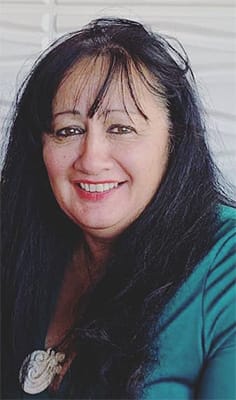
Pou Rangahau Mātua: Dr Lorraine Eade
Lorraine.Eade@ngatirarua.iwi.nz
Lorraine has had 35 plus years working in strategy and planning, project and programme management, policy, iwi and Māori development in both the government and private sector. She has wide experience in community support, education and health programmes. Her passion is whānau wellbeing, with research encompassing hapu development, tangata whaiora mental wellbeing, COVID-19, Māori cancer experiences and Ngāti Rārua tribal history.
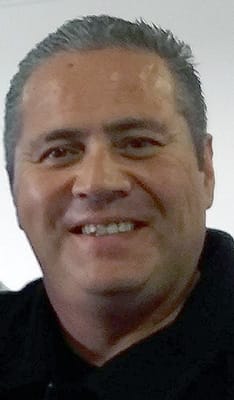
Pou Whirinaki Rangahau: Thomas Shorrock
Thomas.Shorrock@ngatirarua.iwi.nz
Thomas Shorrock is of Ngāti Rārua, Te Ātiawa descent. He resides in the metropolis of Motueka, close to his iwi, close to the Marae. He is passionate about the taiao (environment) and has a thirst for increasing his knowledge base in iwi and Māori development so that he can use his skillsets to support others. His work history is wide and varied, spending time with the National Library as a Senior Computer operator, UNISYS NZ Ltd Data Centre Analyst, Quality Improvement / Information Technology and Iwi Monitor.
Thomas is a certified drone operator, qualifications gained through Required Flight Assessments in Atti Mode (under CAA Part 101.202). His passion for Taiao and Mātauranga was realised through Te Arahanga Iwi Monitor training which includes innovation / tech support, GIS mapping, / Drone Mapping and cultural impact assessment mapping. He has been utilising this skillset for iwi development over the past three years.
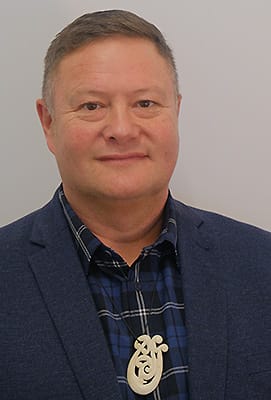
Pou Rangahau: Lee Luke
Lee has spent the past 25 years working within a kaupapa Māori environment initially focusing on research, iwi history and whenua Māori. He has previously worked for Te Kooti Whenua Māori and as a private contractor but feels most fortunate to have spent a considerable amount of time as a researcher, negotiator and trustee with Ngāti Rārua and their claim to the Waitangi Tribunal as part of the Northern South Island Inquiry. In recent years Lee has also been involved extensively with Mana Tāne Ora o Aotearoa a national rōpū highlighting the need for greater emphasis on Māori men’s health and wellbeing.
Lee currently holds governance roles with Nelson Marlborough DHB Iwi Relationship board, the Canterbury Men’s Centre and Māori land entities. He is also pursuing a Masters of Māori and Indigenous Leadership with the University of Canterbury as well as certification as an accredited International Federation Coach with the RISE 2025 tāne Māori cohort.
Back to topPriority kaupapa 2023-2024
As we establish our research platform, our priority areas align with our pou and our key strategic outcomes:
- Mauri Ora – Ngati Rārua traditional history and archives
- Taiao – association with wai and coastal environments
- Hononga – building whānau research capacity and capability
We are also involved in a pilot project an innovative NEST float sea temperature monitoring project with the Cawthron Institute.
Back to topContact Us
Email: trc@ngatirarua.iwi.nz

At the opening: Eruera Keepa, Renee Thomas, Anaru Luke, Lee Luke, Shane Graham, Dr Ronnie Cooper

